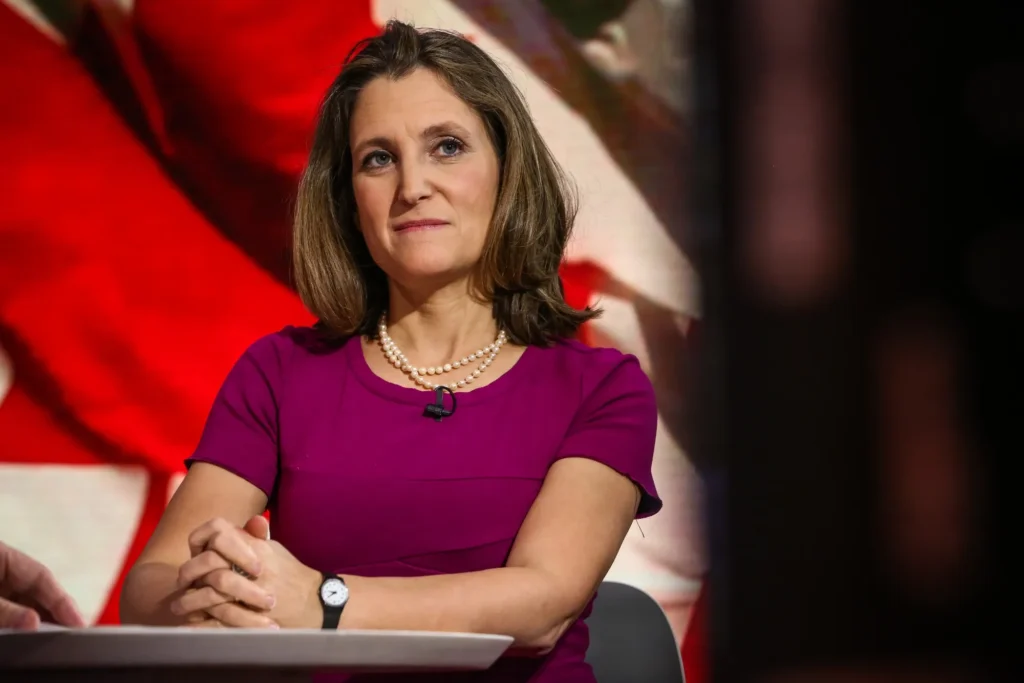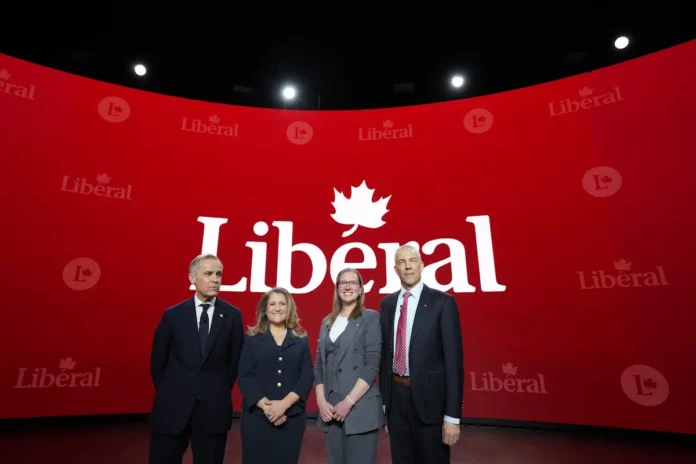Introduction
Saskatchewan Liberal leadership holds more influence in the federal leadership race than many anticipate. Despite being a traditional Conservative stronghold, the province’s 6,000 registered Liberal members across 14 ridings hold significant sway due to the party’s unique voting system. This system grants Saskatchewan an outsized role in determining the next leader of the Liberal Party of Canada.
How Saskatchewan’s Liberal Votes Carry Weight
With approximately 6,000 registered Liberal Party members across 14 ridings, Saskatchewan’s impact on the leadership race is notable. The unique voting system used in the contest ensures that members in less Liberal-dominated regions wield greater influence.
According to Daniel Westlake, an assistant professor of political studies at the University of Saskatchewan, the distribution of votes can amplify the influence of Liberal members in Saskatchewan. Each of Canada’s 343 ridings is allocated 100 points, distributed proportionally based on votes cast. In areas with fewer Liberal members, individual votes hold greater weight compared to more Liberal-heavy regions.
This structure encourages leadership candidates to engage with voters in provinces where the party has struggled in general elections, making Saskatchewan a key battleground despite its Conservative reputation.
How the Liberal Leadership Voting System Works
The Liberal Party employs a ranked ballot system, allowing registered members to rank candidates in order of preference. Points are assigned based on the proportion of votes each candidate receives in a riding. This means that candidates must appeal to a broad spectrum of party members across the country, including those in Saskatchewan, where votes could be particularly influential.
Leadership Candidates’ Approach to Saskatchewan
Liberal leadership contenders Chrystia Freeland and Mark Carney have actively campaigned in Saskatchewan, recognizing its strategic importance. Both visited the province in February, emphasizing their ties to the Prairies and Western Canada.
Chrystia Freeland’s Message to Saskatchewan

During her visit to Regina on February 14, Freeland stressed the necessity of representing the entire country, including rural Saskatchewan. She reiterated her belief that any federal government must advocate for the interests of all provinces, regardless of political alignment.
She also positioned herself as the best candidate to handle international trade challenges, particularly against U.S. President Donald Trump’s tariff threats. “The next election’s key question is: who can fight for Canada and stand up to Trump?” she asserted.
Mark Carney’s Perspective on National Unity
On February 11, Carney echoed similar sentiments during his visit to Regina. He highlighted the importance of a united Canadian economy and reaffirmed his commitment to fighting tariffs and external economic pressures. Carney emphasized the need for a leader who engages with Canadians across all provinces, stating:
“You serve all Canadians at all times, and in order to do that, it is critical that you are here on the ground, understanding the issues.”
What’s Next in the Leadership Race?
With Prime Minister Justin Trudeau announcing his resignation as Liberal leader on January 6, the race to replace him is in full swing. The leadership contest will conclude on March 9, with candidates Karina Gould and Frank Baylis also competing alongside Freeland and Carney.
A French-language debate took place on Monday, followed by an English-language debate on Tuesday, where candidates laid out their visions for the party’s future.
Conclusion: Saskatchewan’s Unlikely but Crucial Role
While Saskatchewan may not be the first province that comes to mind when considering Liberal strongholds, its disproportionate influence in the leadership race makes it an essential battleground for candidates. The party’s voting system ensures that every province has a say, even those traditionally dominated by Conservatives.
As the leadership race progresses, candidates will continue to seek support from across the country. With a pivotal role to play, Saskatchewan’s Liberal members have a unique opportunity to shape the party’s future.


